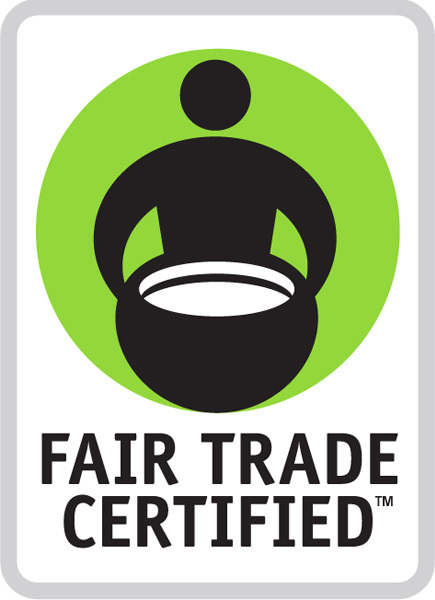Research Reveals Increased Consumer Demand for Fair Trade Certified-Labeled Products
Researchers from Harvard, the London School of Economics and Massachusetts Institute of Technology Release Study on the Value of Ethical Labeling
Apr 25, 2011 2:00 PM ET
(3BL Media / theCSRfeed) Oakland, CA - April 25, 2011 - Fair Trade USA, the leading third-party certifier of Fair Trade products in the United States, reports new findings which confirm that the prominent appearance of the Fair Trade Certified™ label increases sales among coffee-buying consumers.
To investigate the topic of consumer demand for Fair Trade products, researchers Jens Hainmueller of the Massachusetts Institute of Technology, Michael J. Hiscox of Harvard University, and Sandra Sequeira of the London School of Economics, conducted a six-month research study in partnership with a prominent national grocery retailer. As reported this weekend in the Wall Street Journal, the team examined purchasing behavior among actual consumers at 26 stores and key findings show that:
Fair Trade USA (previously TransFair USA), a nonprofit organization, is the leading third-party certifier of Fair Trade products in the United States. Fair Trade USA audits and certifies transactions between U.S. companies and their international suppliers to guarantee that the farmers and workers producing Fair Trade Certified goods were paid fair prices and wages, work in safe conditions, protect the environment, and receive community development funds to empower and uplift their communities. Fair Trade USA educates consumers, brings new manufacturers and retailers into the Fair Trade system, and provides farming communities with tools, training and resources to thrive as international businesspeople. Visit www.FairTradeUSA.org for more information. The Research team consists of Michael J. Hiscox, the Clarence Dillon Professor of International Affairs at Harvard University; Sandra Sequeira, Lecturer in Development Economics at the London School of Economics; and Jens Hainmueller, an Assistant Professor of Political Science at the Massachusetts Institute of Technology. FTUS13406
-
The Fair Trade Certified label alone has a large positive impact on sales.
-
Sales of the two most popular bulk coffees sold in each of the 26 test stores increased by up to 13 percent when labeled as Fair Trade Certified.
-
The study also revealed that a substantial segment of consumers are willing to pay up to eight percent more for a product bearing the Fair Trade Certified label.
Fair Trade USA (previously TransFair USA), a nonprofit organization, is the leading third-party certifier of Fair Trade products in the United States. Fair Trade USA audits and certifies transactions between U.S. companies and their international suppliers to guarantee that the farmers and workers producing Fair Trade Certified goods were paid fair prices and wages, work in safe conditions, protect the environment, and receive community development funds to empower and uplift their communities. Fair Trade USA educates consumers, brings new manufacturers and retailers into the Fair Trade system, and provides farming communities with tools, training and resources to thrive as international businesspeople. Visit www.FairTradeUSA.org for more information. The Research team consists of Michael J. Hiscox, the Clarence Dillon Professor of International Affairs at Harvard University; Sandra Sequeira, Lecturer in Development Economics at the London School of Economics; and Jens Hainmueller, an Assistant Professor of Political Science at the Massachusetts Institute of Technology. FTUS13406

